Transparency & Traceability
Transparency and traceability is the process of making information available to understand how fibres and materials were sourced, processed and produced through the supply chain. Improving the transparency of suppliers, and the traceability of sourced materials, is essential to enable more sustainable decision making. It is an enabling factor to help reduce the negative environmental and social impacts of the textile supply chain.
Projects
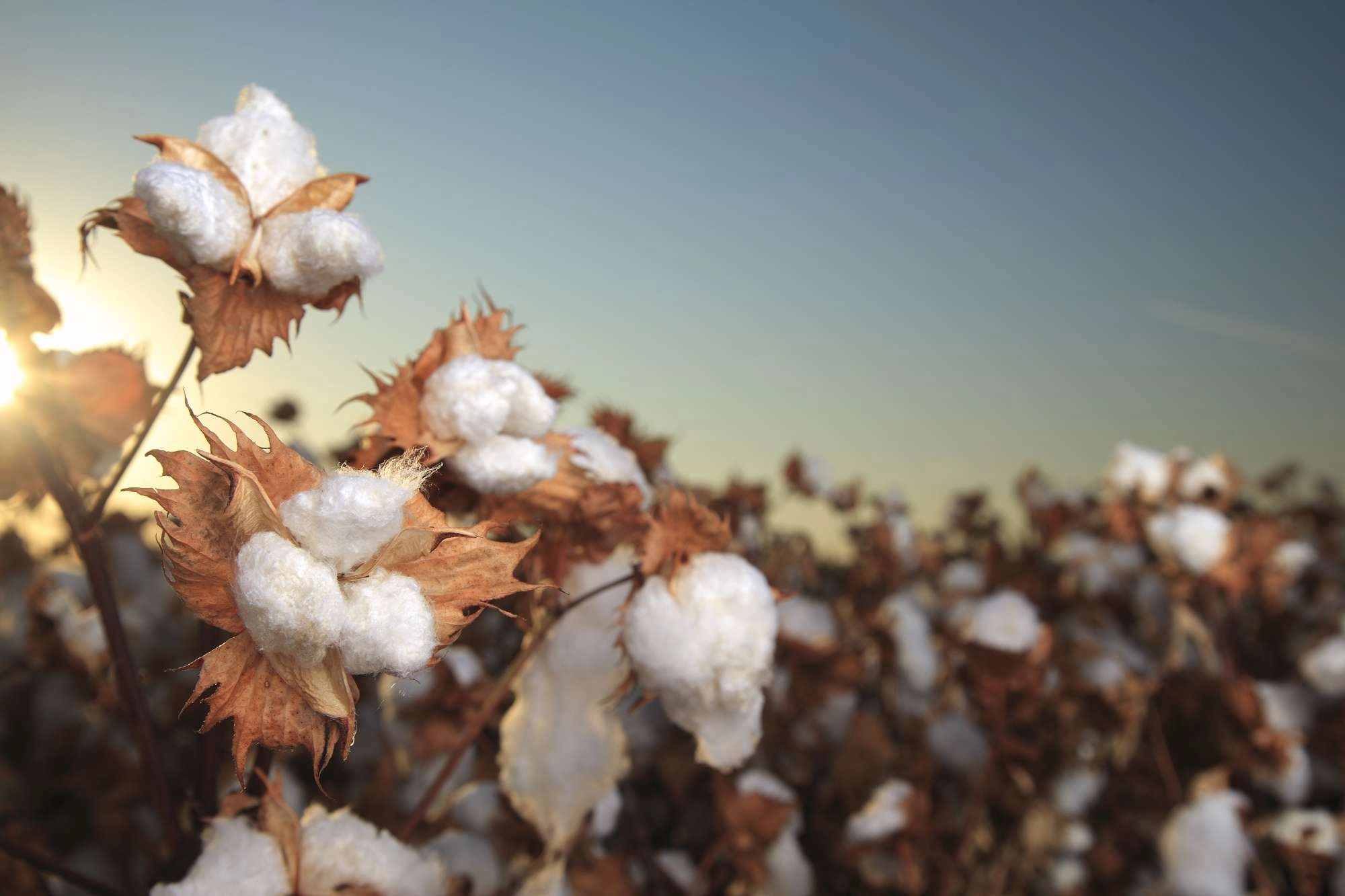
Meet the Innovator: Oritain

What is transparency?

In Conversation with TextileGenesis: The Innovator Creating Transparent Supply Chains

What is traceability?

Meet the Innovator: TextileGenesis™
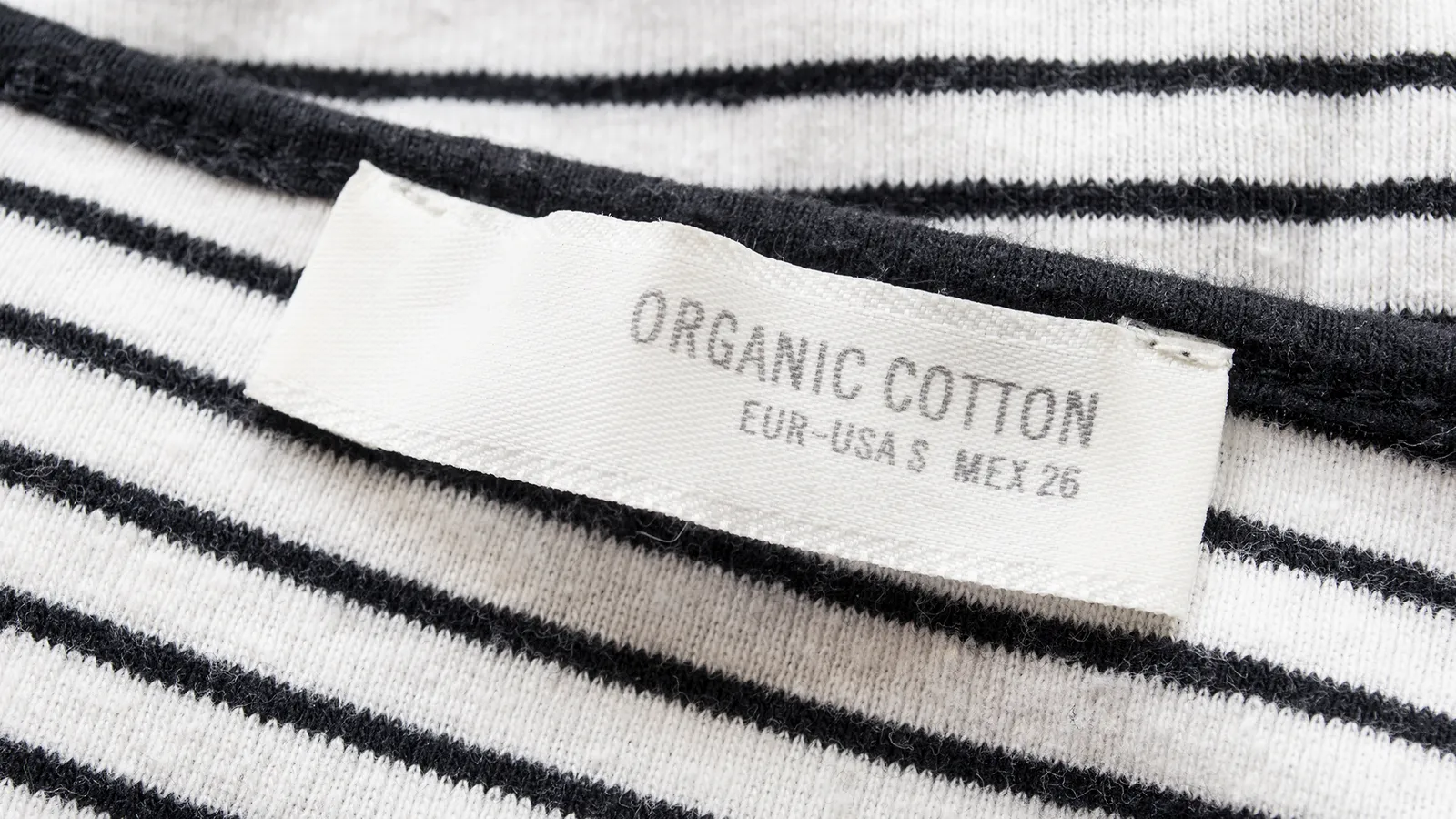
Why fabric fraud is so easy to hide
How can we tell if the clothes in our wardrobes really are what they claim to be? Fashion for Good mentions the insights and issues of international fabrics’ certifications along the supply chains.

Assessing Tracer Technologies to Boost Traceability
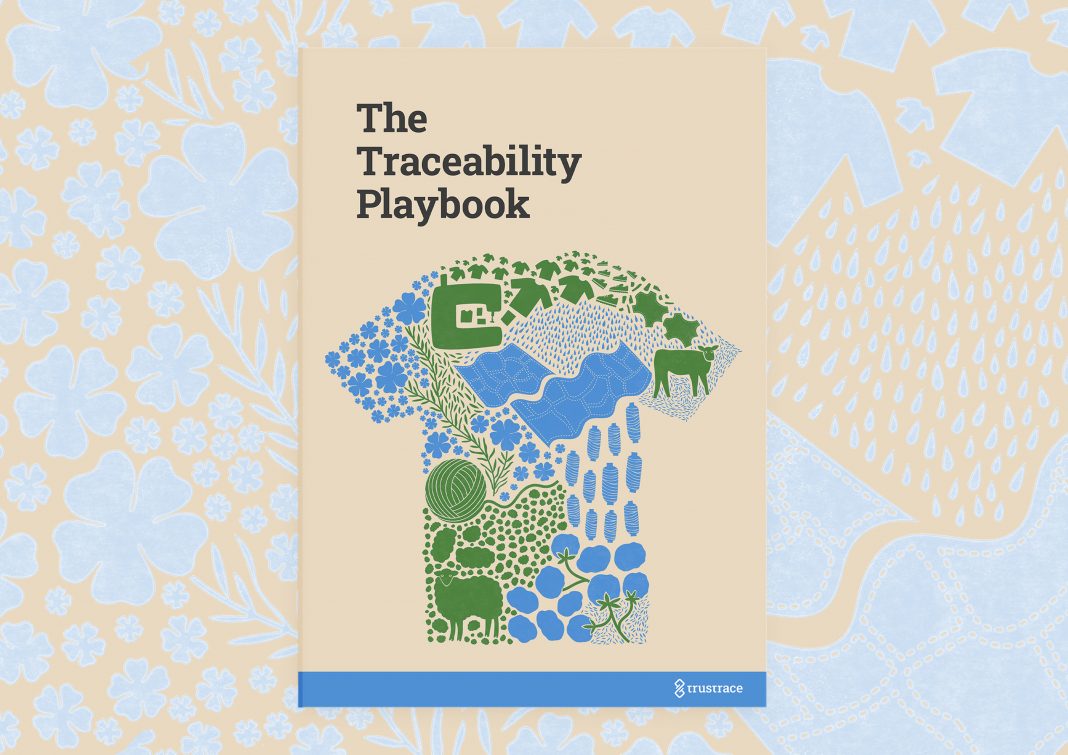
Fashion Brands, Ready To Accelerate Your Sustainable Transformation with Digital Traceability?
TrusTrace, a market-leading platform for supply chain transparency and product traceability within the fashion and retail industries, has joined forces with Fashion Revolution and Fashion for Good to accelerate sustainable transformation in the fashion industry with the help of a one-stop guide.
Innovators

Satma CE
Satma CE is a web based software that uses blockchain optionally to offer traceability across the waste-to-worth supply chain, including collection, segregation, recycling and processing. (India)

Vaayu
Vaayu is the world’s first automated carbon-tracking software for retailers, enabling businesses to reduce their footprint by providing accessible, real-time data to drive carbon-reduction at scale. By integrating with point-of-sale systems, such as Shopify, and leveraging proprietary AI and machine learning technology, Vaayu draws insights from production, sales and logistics to deliver a tangible solution in the fight against climate change and a more sustainable future for retail. Founded in 2021 (Germany).

Made2Flow
The Made2Flow platform enables brands to gain visibility of tiers 1-4 by gathering the necessary environmental data, and tracking the environmental impact (LCA) across their supply chains, including carbon footprint, water consumption, land use, and more. Founded in 2019 (Germany).
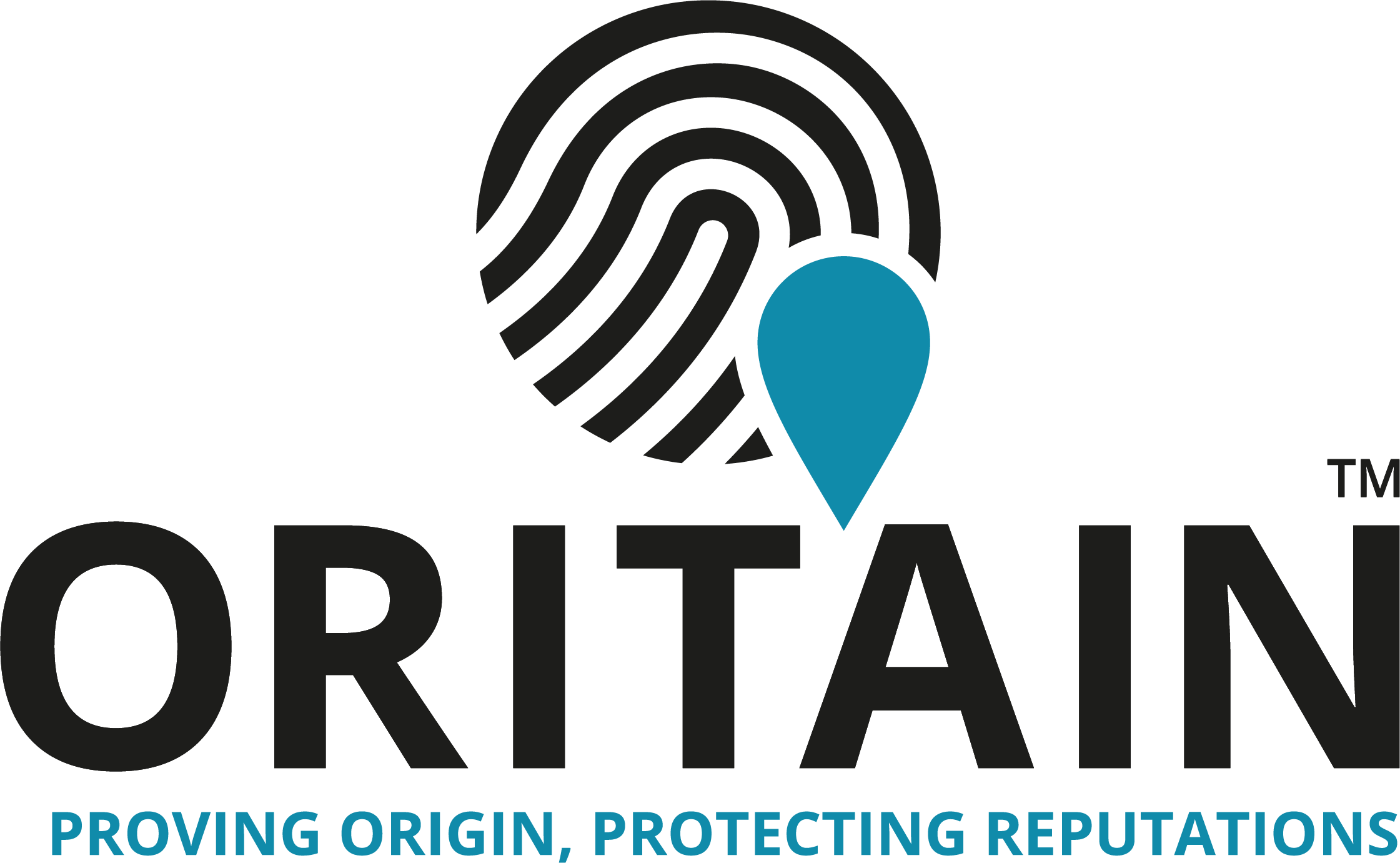
Oritain
Oritain uses forensic science to test the geochemical composition of a material, which is unique to the place it is grown. The detected isotopes and trace elements are interpreted to produce an “Origin Fingerprint” which gives information from where the commodity came from enabling traceability at any point in the supply chain. Founded in 2008 (New Zealand).

TextileGenesis
Textile Genesis is a traceability system built on blockchain specifically created for the apparel sector, that focuses on sustainable fibres such as wood-based fibres, premium cotton, specialty filaments, silk, wool, and cashmere. TextileGenesis platform allows digitisation and traceability. Founded in 2018 (Hong Kong/India).

InfiniChains
InfiniChains is a leading end-to-end track and trace solution using blockchain, AI and Cloud Computing to help brands and manufacturers to digitise sustainability practices. Through real-time data, efficiency and storytelling, they bridge the fragmented gaps between the different sustainability systems of farmers, manufacturers and brands. Founded in 2018 (US).
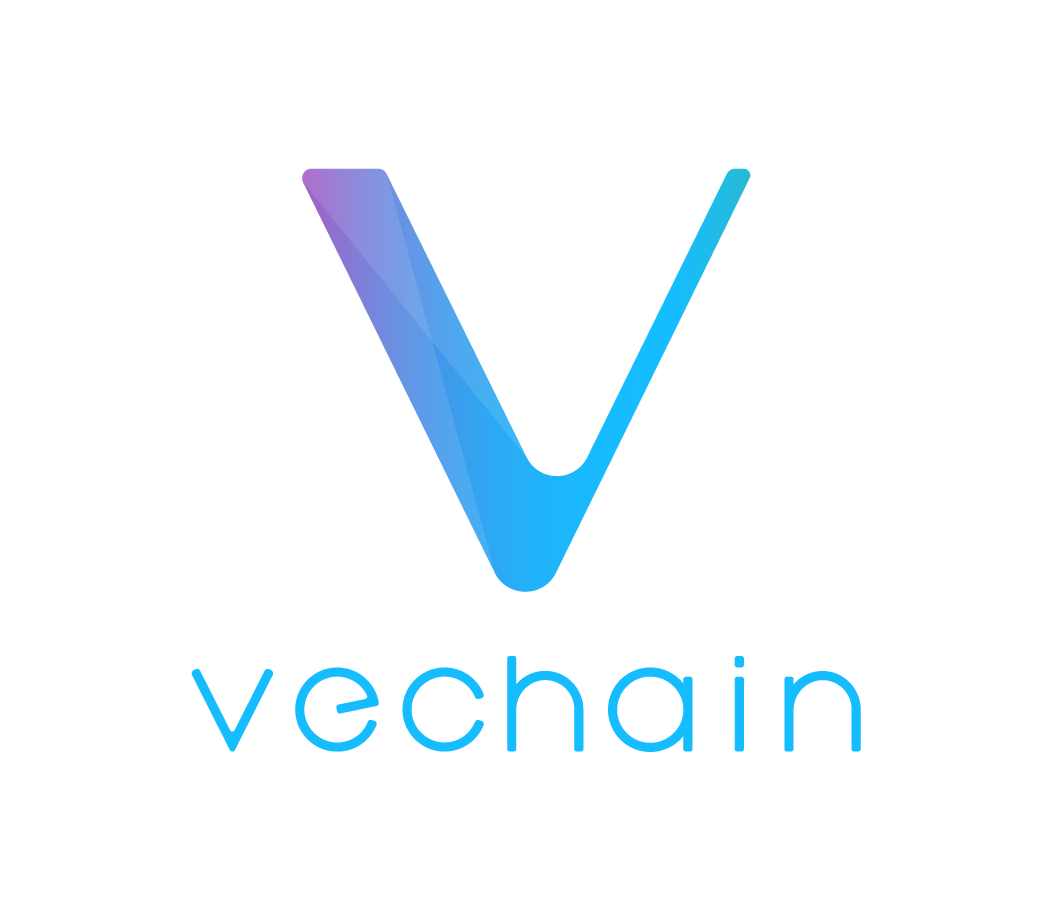
VeChain
VeChain is a blockchain-enabled product management platform which secures product data enables retailers and manufacturers to easily collect, manage, and share product data across the supply chain all the way to the end consumer. The company uses a Smart Tag system to connect physical products with the physical world, facilitating transparency throughout the supply chain and product lifecycle. Founded in 2015 (China).
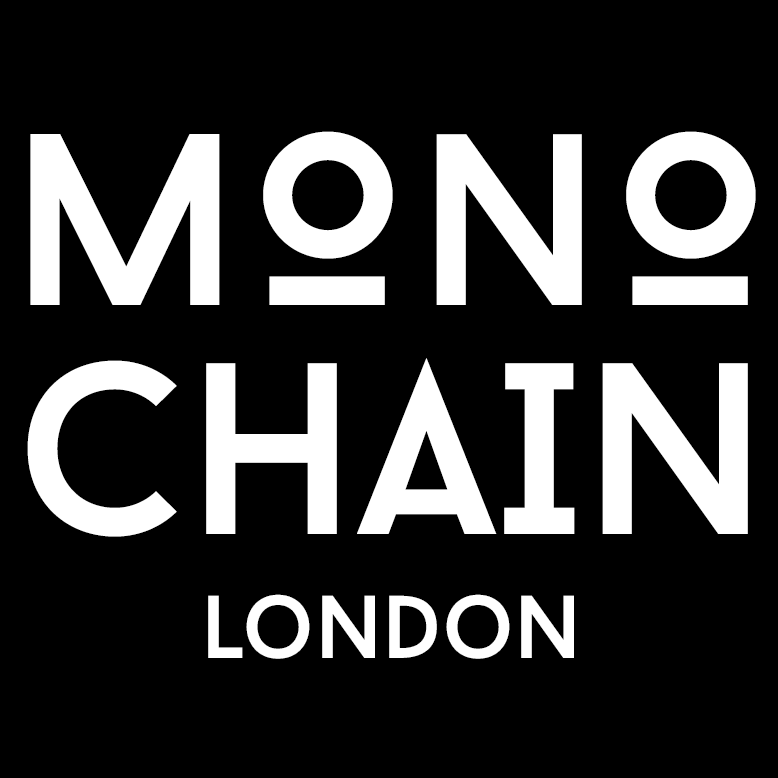
MonoChain
MonoChain have developed a method for fashion companies to connect an individual physical item with a digital twin, based on blockchain, using a low-energy, sustainable form of non-fungible token (NFT). This resolves the problem of deceptive counterfeits, we are exploring the potential for providing fashion consumers with ways to get more value and enjoyment from their wardrobe. Founded in 2018 (UK).
Latest
In Conversation with CuRe Technology: How Can We Create a Fully Circular Polyester Chain?

Meet the Innovator: CuRe Technology

Can we recycle polyester?

